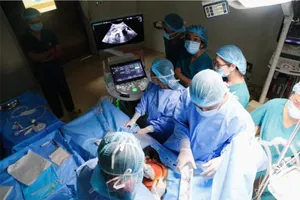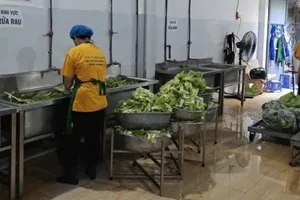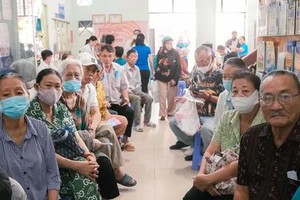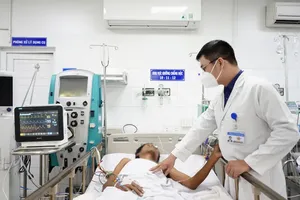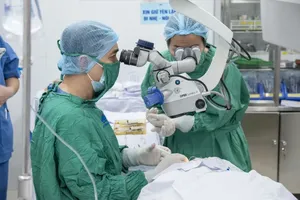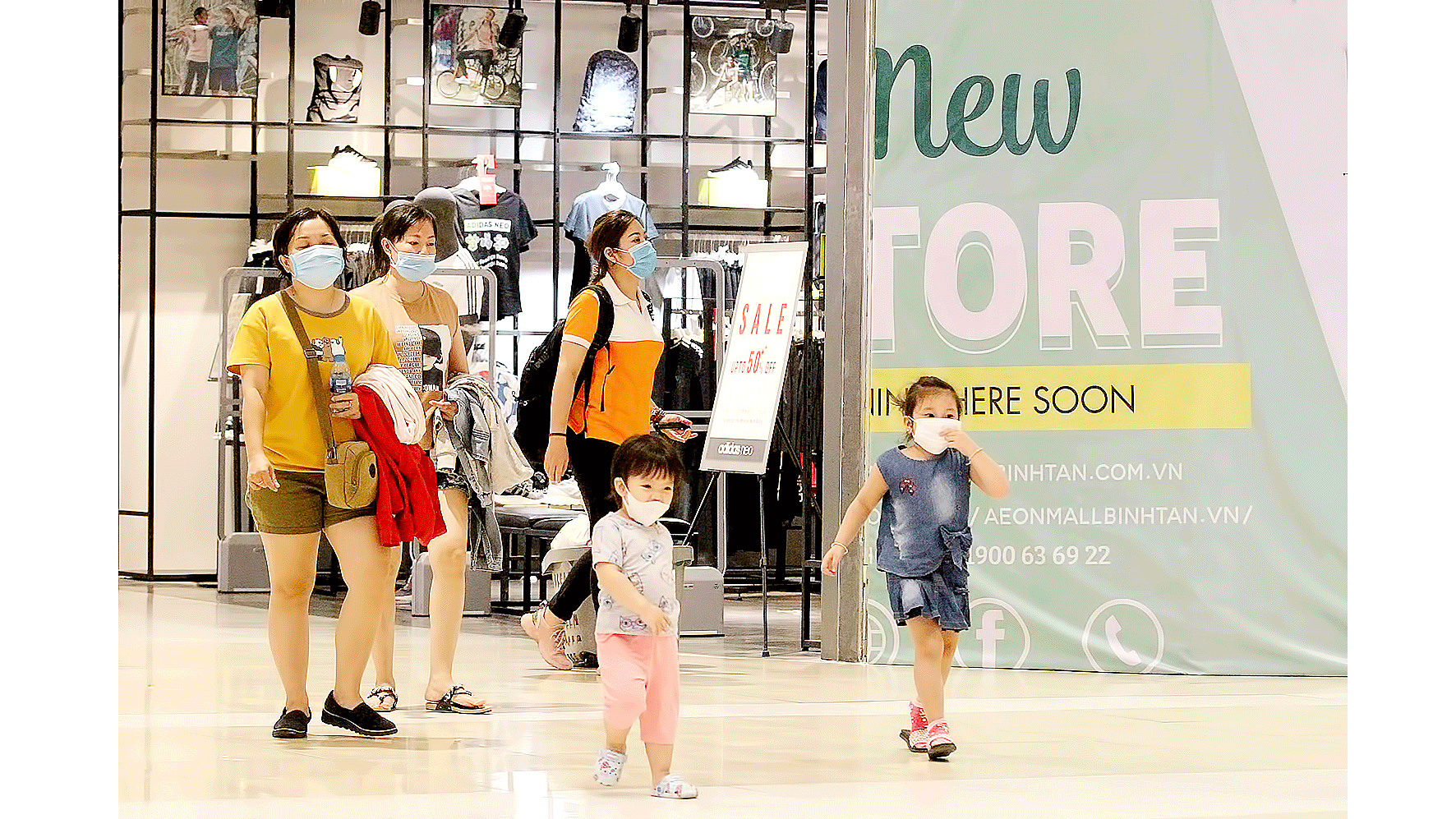
The Center for Disease Control today said that the upsurge of respiratory transmitted diseases including Covid-19 are likely to increase because of weather changes. In addition, an imminent spike in travel and trade demand at the end of the year also creates favorable conditions for pathogens to spread.
According to HCDC, the World Health Organization (WHO) has recorded an increase in the number of cases of acute respiratory infections in the world as well as a slight increase in the number of Covid-19 cases in December. In parallel with the increase in the number of cases, the world has also recorded a new variant of the SARS-CoV-2 virus, JN.1, which is gradually spreading in many countries with higher transmissibility. Despite the report of a new variant, the WHO has said currently there is no evidence that JN. 1 presents an increased risk to public health relative to other currently circulating variants.
The Covid-19 vaccines, detection tests and Covid-19 drugs are reportedly still effective against the new variant JN.1. This shows that the SARS-CoV-2 virus is still constantly mutating and can change its transmission characteristics, severity of the disease, effects of vaccines, treatment drugs as well as diagnostic tests for the virus, announced HCDC.
People tend to consume more poultry at the end of the year so poultry trading increases compared to normal, which can increase the risk of influenza A(H5N1) in humans. At the end of November 2023, 2 more cases of influenza A(H5N1) were recorded in Cambodia, bringing the total number of cases from the beginning of the year to now to six, including four deaths.
Following the risk of increased epidemics at the end of the year, Ho Chi Minh City's health sector recommends that people proactively take preventative measures against diseases.
Specifically, people necessarily wear masks at medical facilities, on public transport means and in crowded places, regularly wash their hands with clean water, soap or hand sanitizer, avoid touching their eyes, nose, and mouth and cover their mouth and nose when coughing or sneezing to prevent respiratory diseases. Moreover, people need to keep good environmental hygiene, and personal hygiene, practice exercise and sports, and improve physical condition while avoiding contact with people with symptoms of respiratory illness such as cough, fever, and difficulty in breathing to prevent diseases.
People with suspected symptoms of the disease should limit close contact with others, especially people in high-risk groups including elderly people, children, pregnant women, and people with underlying diseases. Furthermore, people should get vaccinated for diseases such as flu and Covid-19 and immediately go to the nearest medical facility for timely consultation, examination and treatment if they feel uneasy.
To prevent the spread of avian flu infection, people should not use sick or dead poultry or poultry products of unknown origin. Plus, people should not slaughter, transport, buy or sell poultry and poultry products of unknown origin. Last but not least, people must immediately notify the local authorities and veterinary units when discovering sick or dead poultry.


